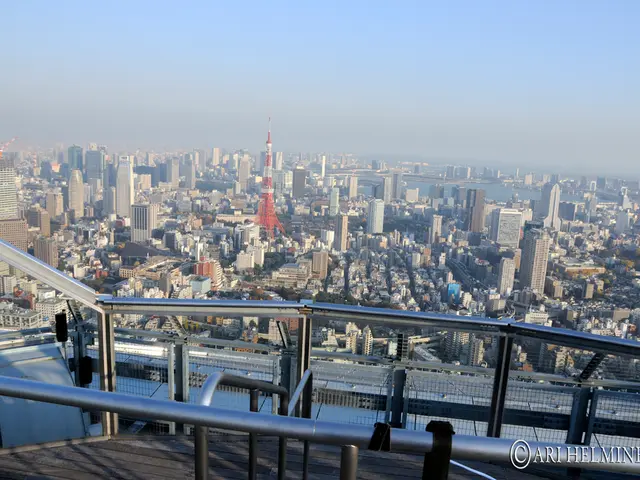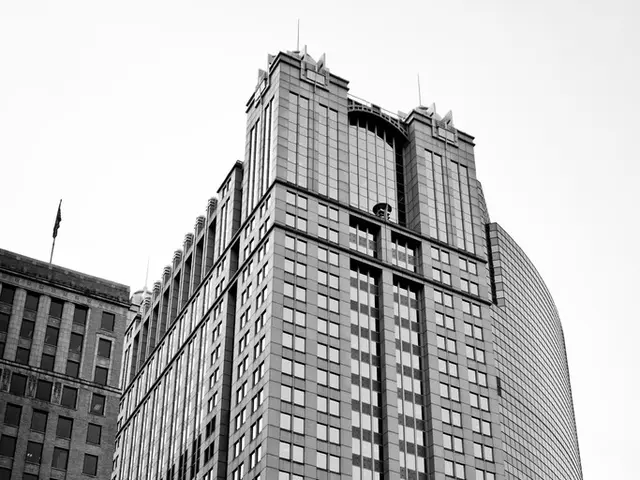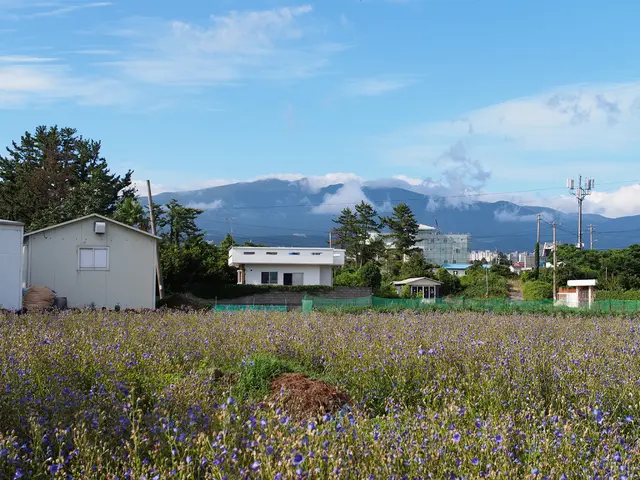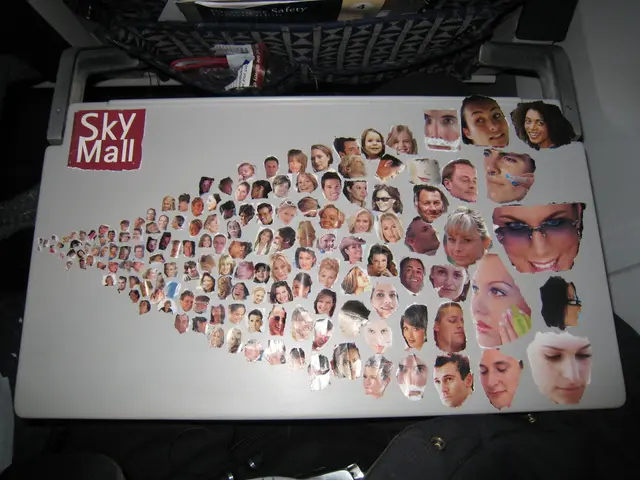Exploring the Landscape: Recording Berlin's LGBTQ+ Hubs
Over the past few months, Berlin's cultural landscape has undergone significant changes, with notable cuts to the city's budget. In February, the city's Minister for Culture, Joe Chialo, announced an additional €15 million in budget reductions, causing concern among residents and cultural enthusiasts. One particularly notable project aimed at preserving Berlin's unique cultural spaces is "Scanning the Horizon: An Immersive Archive," which documents the city's queer cultural venues in an innovative manner.
Created by U.S.-born visual artist Benjamin Busch, this project takes a multi-faceted approach, creating a comprehensive digital archive that includes a website, recorded interviews with key figures from the queer scene, and an immersive virtual reality experience. The online archive currently features 11 establishments central to Berlin's queer community, such as BEGiNE, Ficken 3000, Möbel-Olfe, Moviemento, and SO36, among others.
"The spaces are so chimeric that I can attach the word queer to it, because that's what the word is," Busch explained during an interview at his Schöneweide studio. By documenting these spaces where people have lived, loved, and socialized, Busch aims to preserve the history and spirit of these crucial cultural venues.
These venues are vital to both the queer community and the city of Berlin, each contributing uniquely to the shaping of utopian spaces (inspired by José Esteban Muñoz' 2009 book, "Cruising Utopia: The Then and There of Queer Futurity"). They are grassroots, community-driven hubs, built and run by queer individuals, shaped by decades of activism, creativity, and resilience. These venues include the Kiez bars and gathering spots, intimate darkrooms, spaces for women and voices from the former East, and all-night dancefloors filled with music from various cultures around the world.
Given the current budget cuts, the urgency to archive these spaces becomes even more pressing. Busch explains, "Only in the present is it possible to document these spaces in three dimensions, and thus to archive them." The project began in 2020, with Busch meticulously creating 3D scans of more than 30 locations between 2021 and 2024. Seven of these locations can be explored through a virtual reality headset, offering users a digital recreation of the establishments complete with immersive audio interviews.
Through this immersive experience, one can revisit favorites such as Ficken 3000, SO36, and Moviemento, while listening to stories from key figures like Richard Stein, responsible for bringing queer parties to SO36. Interviews with Monster Ronson's Ron Rineck and punk-drag artist Bleach, as well as comprehensive discussions at Moviemento with owners Iris Praefke and Wulf Sörgel, are also available.
Busch acknowledges that his project will never be complete, as there are countless queer spaces in Berlin, each with varying scope, size, and legacy. Despite this, he emphasizes the importance of supporting these communities, as they go beyond merely receiving grants during fortunate periods. "My work tries to support communities," Busch concludes.
The online archives for "Scanning the Horizon: An Immersive Archive" can be explored at queerspaces.berlin, and Benjamin Busch can be followed on Instagram at @benbusch. Preserving these spaces, where people have lived, loved, and shared experiences, is crucial for the future of Berlin's vibrant queer culture.
- The project, "Scanning the Horizon: An Immersive Archive," aims to preserve Berlin's unique queer cultural spaces, documenting establishments like BEGiNE, Ficken 3000, Möbel-Olfe, Moviemento, and SO36.
- The online archive created by Benjamin Busch for this project includes a website, recorded interviews, and an immersive virtual reality experience, offering a comprehensive digital archive of these queer spaces.
- Busch's project explores fashion-and-beauty, personal-growth, and relationships within these spaces, as they are grassroots community-driven hubs that have shaped utopian spaces inspired by José Esteban Muñoz' book, "Cruising Utopia."
- Food-and-drink, sports, shopping, education-and-self-development, and career-development are likely to be experiences shared within these queer spaces, contributing to the rich history and spirit of these cultural venues.
- Given the current budget cuts, the urgency to archive these spaces becomes even more pressing, with the project having begun in 2020 and Busch meticulously creating 3D scans of more than 30 locations between 2021 and 2024.
- Weather and travel may also influence the experiences within these queer spaces, as users can revisit their favorites like Ficken 3000, SO36, and Moviemento through a virtual reality headset.
- Home-and-garden might not be directly associated with these queer spaces, but the concept of building and nurturing a community could be a comparable experience, much like how these queer individuals have shaped these spaces over decades of activism, creativity, and resilience.








